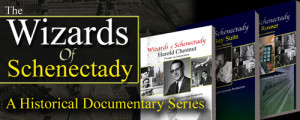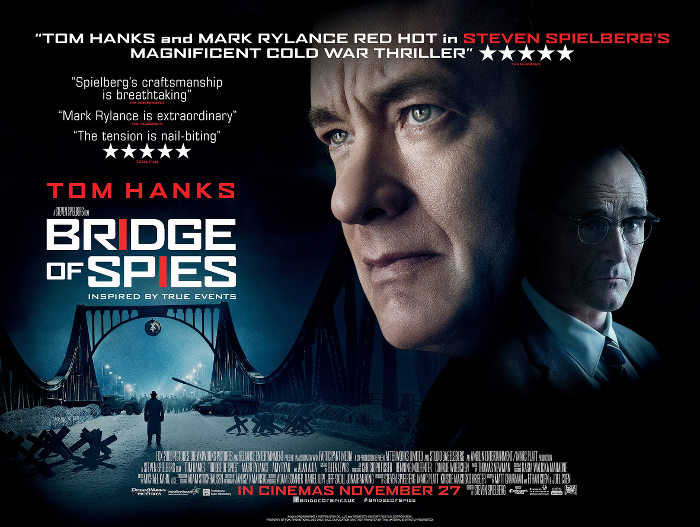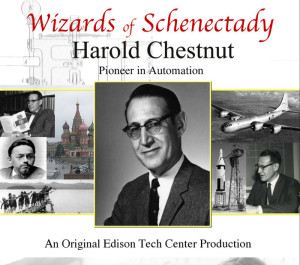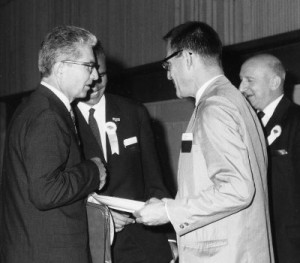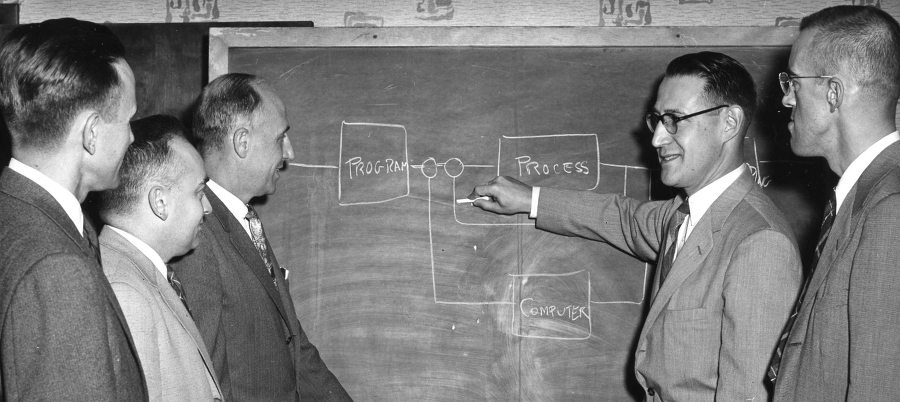In the Fall of 2022 The Edison Tech Center based in Schenectady, New York continued its video production for the winter season. The Edison celebrates its 15th year producing unique educational content on the history of technology from the people who built it.
Videos scheduled for release on our YouTube Channel include more from the Universe of Instrumentation series, some never before released lectures and an award winning historical documentary from the Wizards of Schenectady program.
Below is a list of what has been released, and planned releases in the next two months:
Discovery of the Solid State Laser: Lecture
From the archives, never before public video of one of the greatest innovators of General Electric in the post 1960 period, Robert N. Hall. “Bob” Hall as he was known around Schenectady was very articulate and creative, his talk at the Schenectady Public Library in 1990 is a real gem! It covers his story of discovering the semiconductor laser while solid state technology was in its most exciting phase in its history.
Oscilloscope Cameras – Documenting Work:
How did engineers preserve test results for the future? During early physics and radio work engineers photographed the screen. Bill Kornrumpf, an electrical engineer describes how he and others used to document their EE work:
Oscilloscopes part III:
We plan on releasing our final video from the oscilloscope module soon. Part of the Universe of Instrumentation series – a series about the development of tools used by engineers. The overall evolution of technology in all of our lives is completely dependent on the quality of instrumentation, or ability to measure results.
Wizards of Schenectady: Guy Suits
Electric City Film Festival Winner
Leader of the GE Research Lab, physicist and manager Chauncy Guy Suits lead a successful life balancing work with hobbies such as seaplane flying, Adirondack 46er hiking, boomerang craft, expedition hunting and woodworking. In an original Edison Tech Center documentary we interview important figures from General Electric who knew Dr. Suits. More on the Wizards of Schenectady Series >
Mystery Videos TBD:
We will release more lectures and interviews with engineers from interesting time periods to keep the flow of material going.

